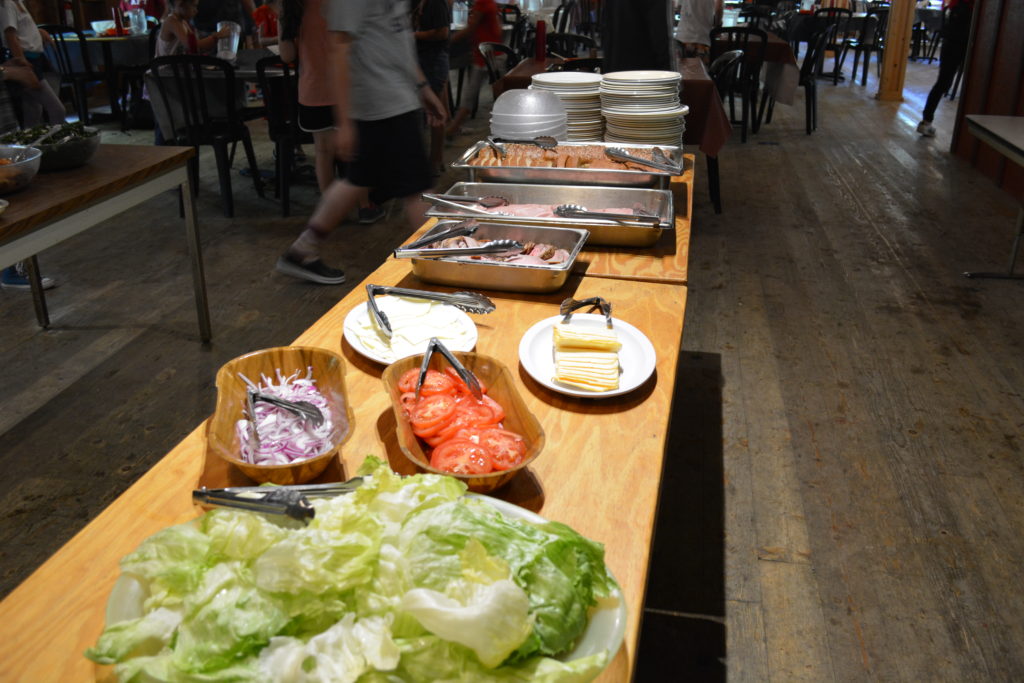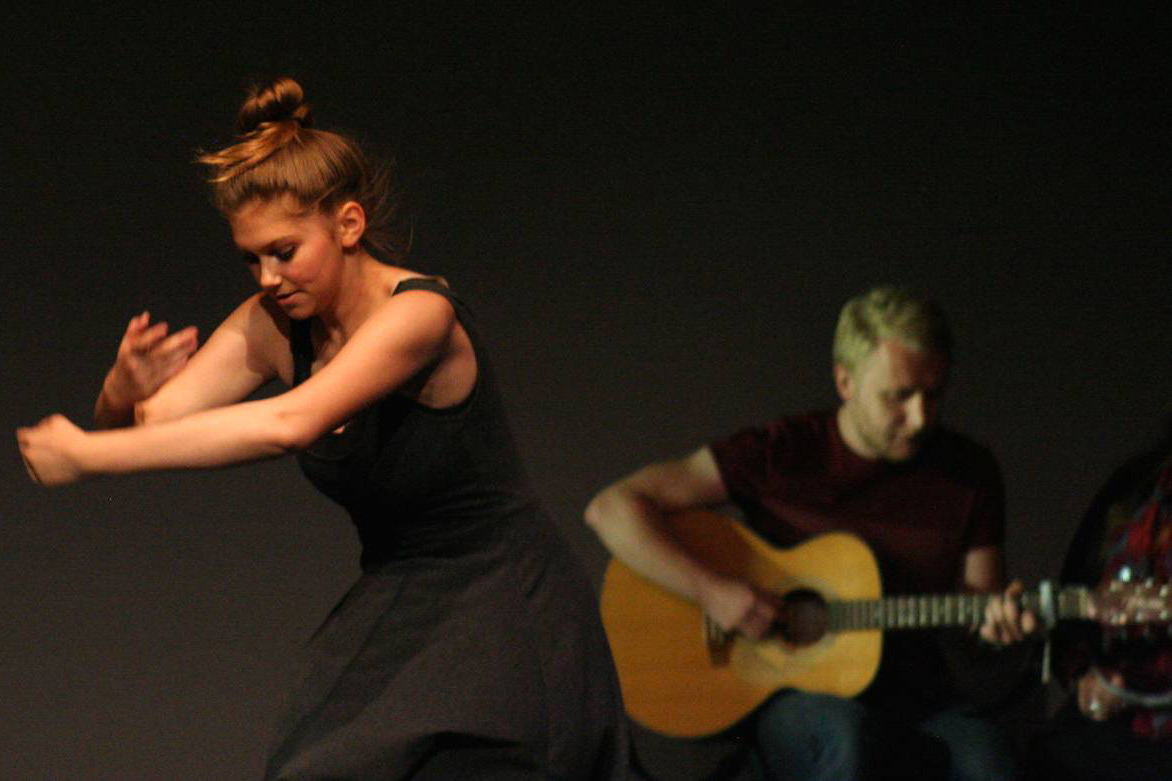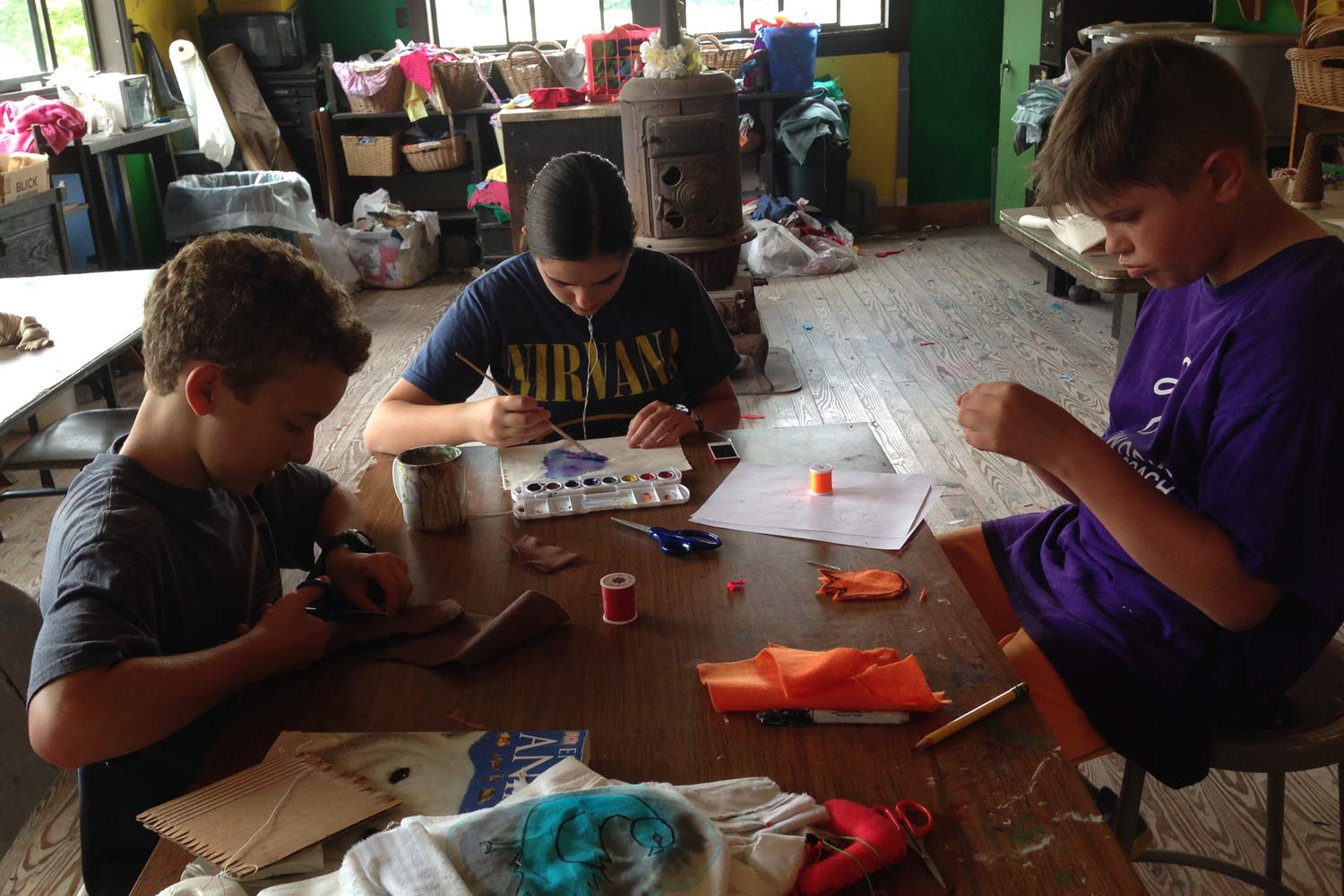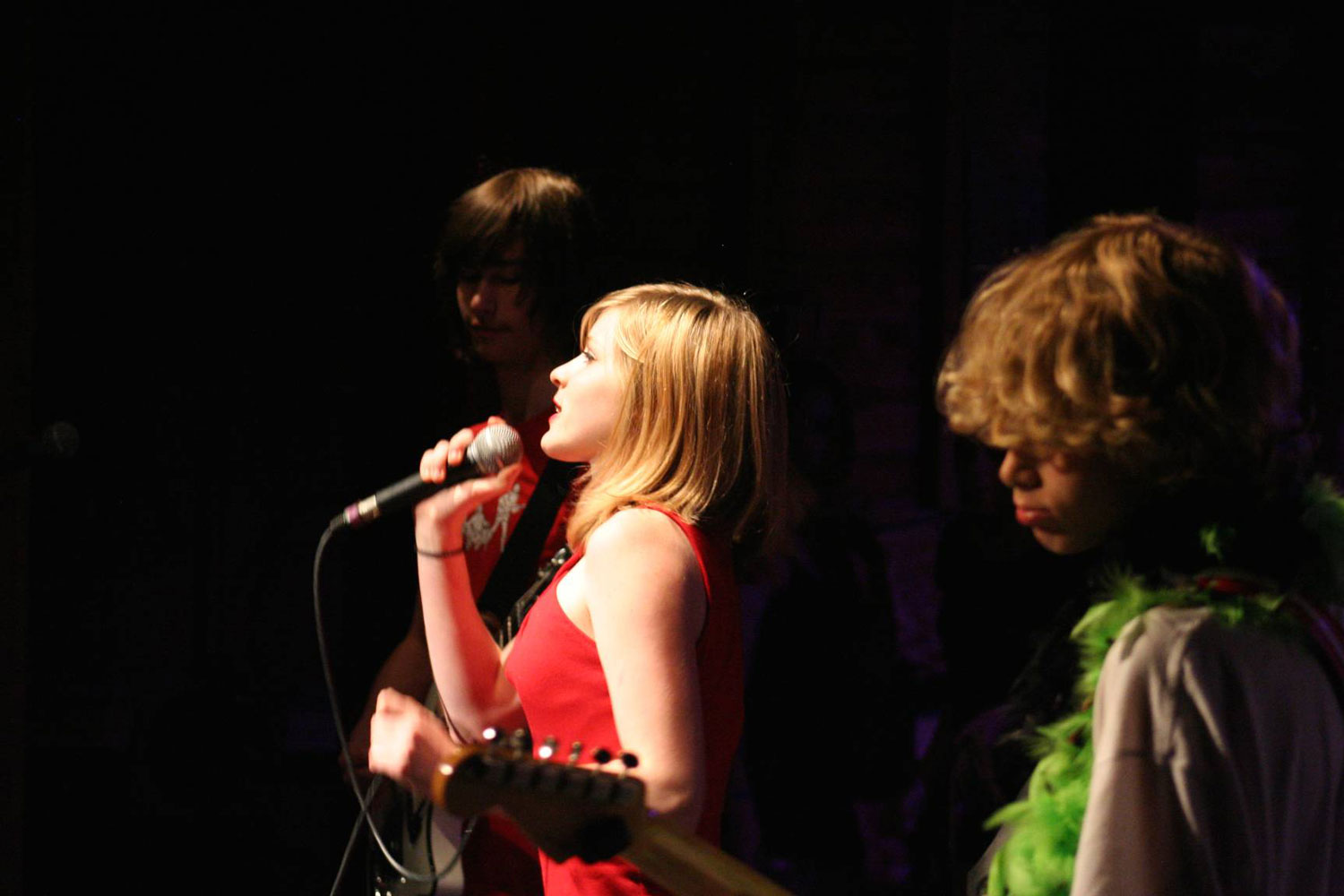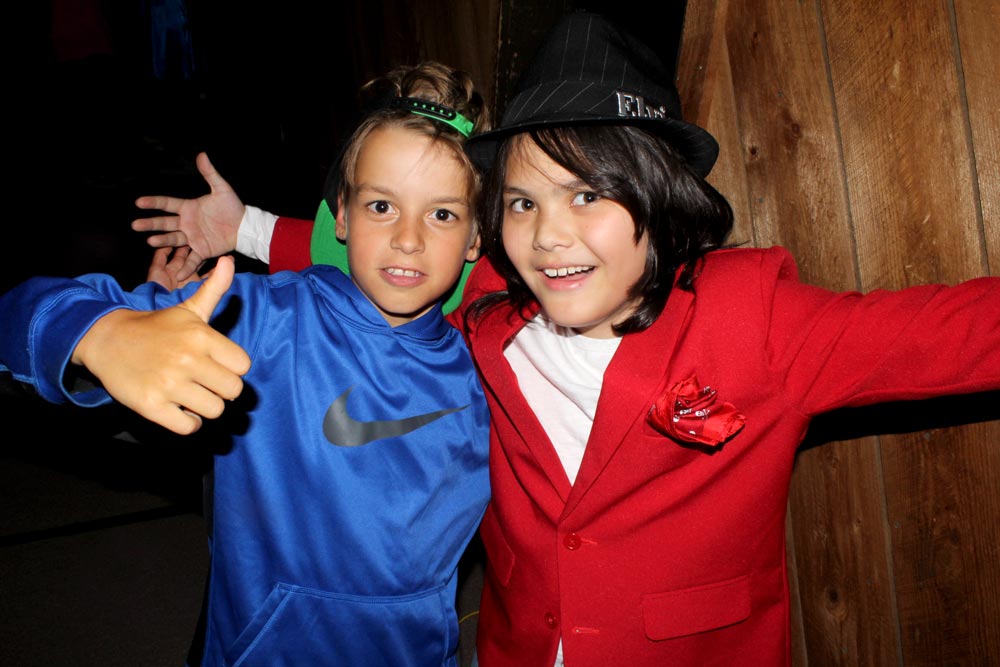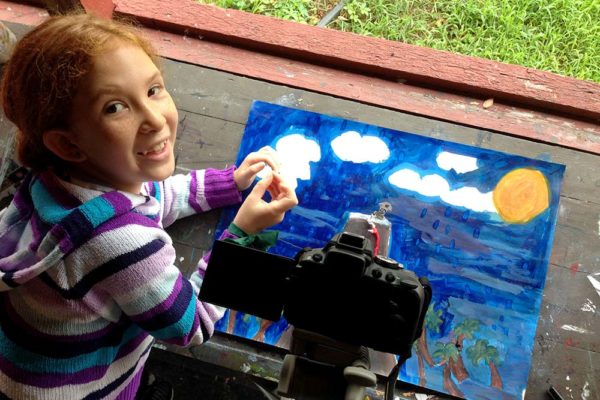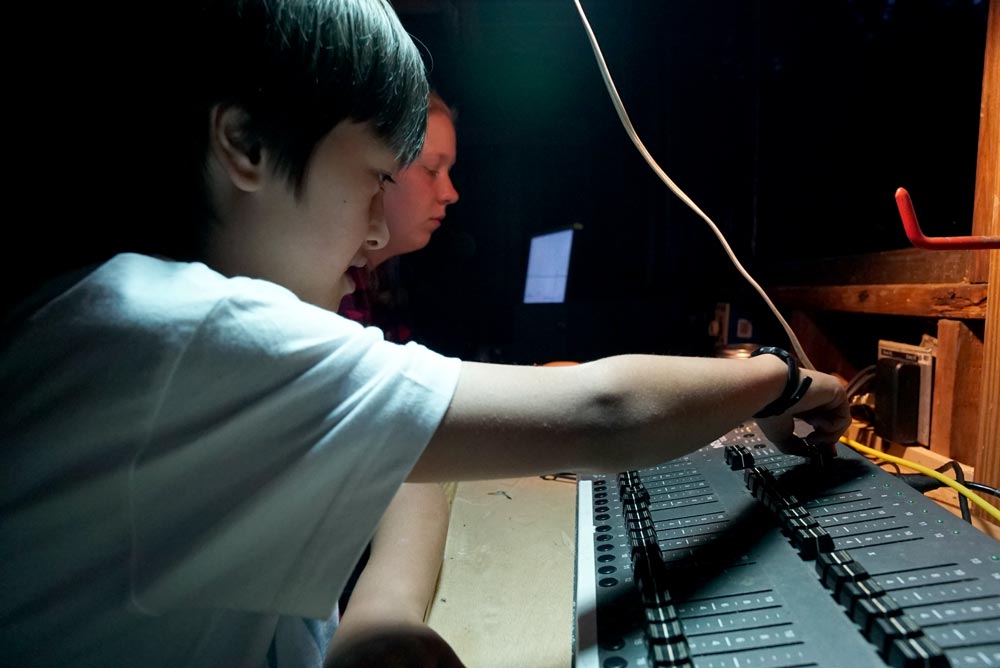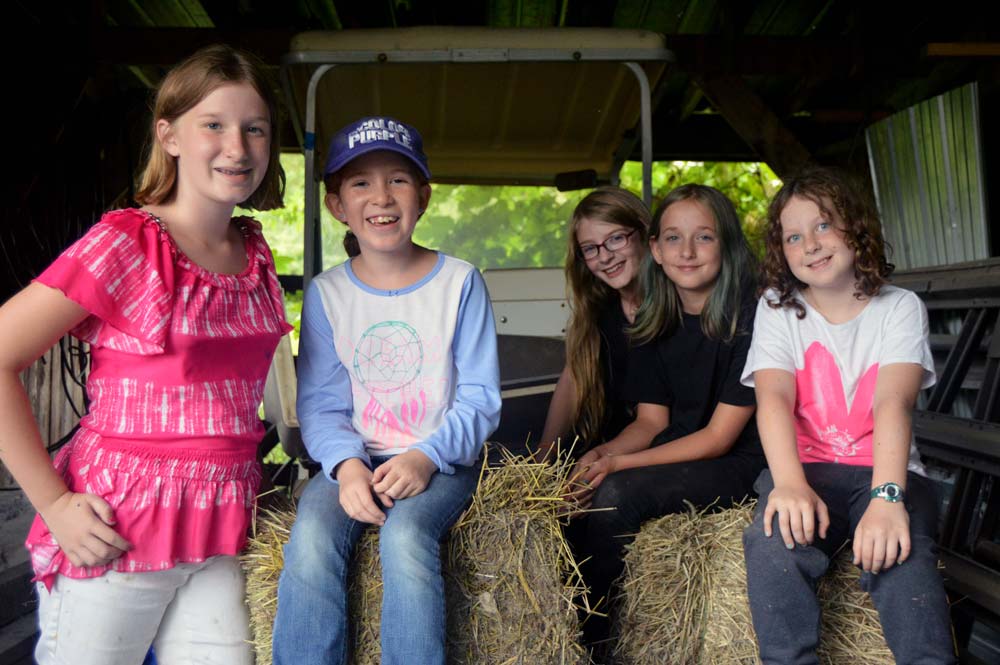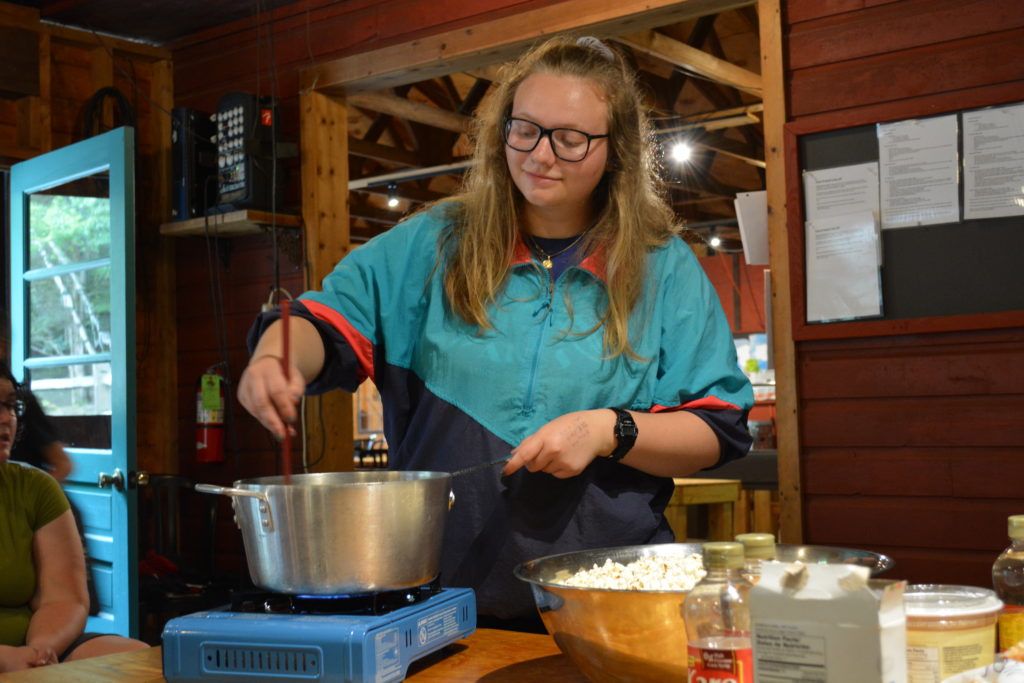
Ask any kid who’s gone to Ballibay (or at least ask one of my kids) what one of their favorite aspects of camp is and the answer is sure to contain the following two words: THE. FOOD.
This is not to say, of course, that food is the main focus of campers’ time at Ballibay, rather it’s to stress the importance of what it means that Ballibay promotes a healthy food culture—particularly in a time when we’re more aware than ever about the ways in which what we eat and where it comes from matters.
Mindful eating is healthy eating
And, you know, it’s natural that food would be a primary focus of campers: Not only are they all at that time in their life when they seem to be bottomless pits of calorie consumption (how else would they manage to get so tall?), but also eating is something that they have to do three times a day. It should be an activity about which they are conscientious; mindful eating is healthy eating, after all.
There are a multitude of ways in which Ballibay emphasizes the importance of mindful eating that make nutrition a collaborative and fun process for the kids—meaning it doesn’t feel like the idea of mindful eating is being, well, shoved down their throats.
One way is the camp garden, in which campers can gain an appreciation for what it means to eat locally and seasonally. They can also get very hand’s on with some of the food that will eventually be served in salads, side dishes, and snacks.
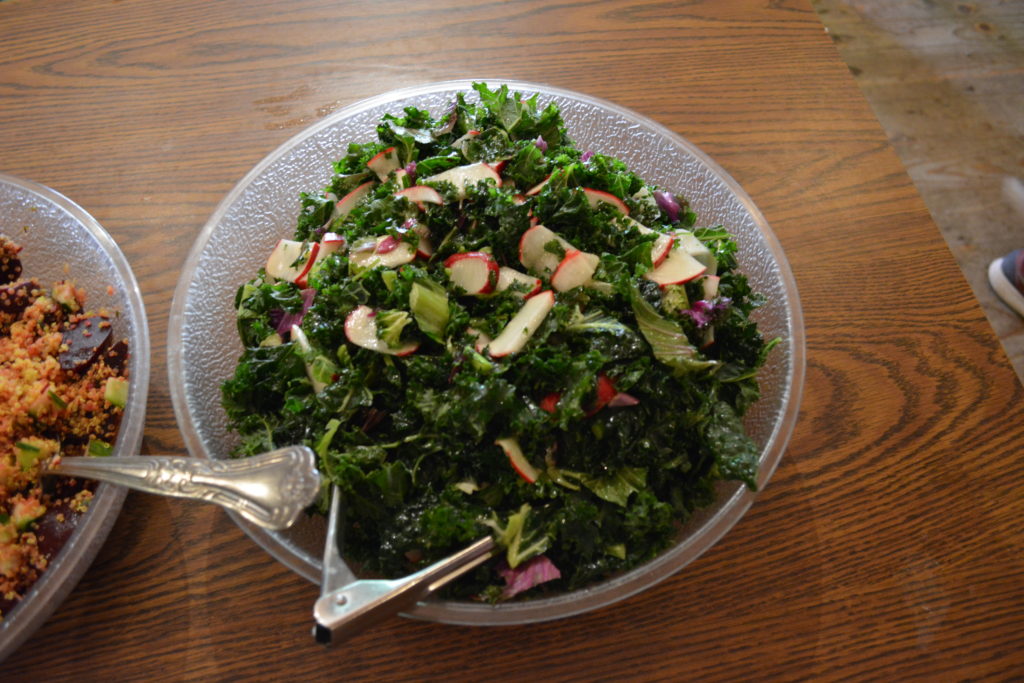
Another thing that kids can learn at Ballibay is how to feel empowered about their food choices. This isn’t the dining hall grub of movie summer camps. There’s no bug juice. There’s no mystery meat. Instead, there’s an abundance of thoughtfully prepared and balanced meals on offer that will probably introduce new foods and cooking techniques to many of the kids, while also being recognizable in a way that’s never threatening, but can potentially challenging in the best possible way. It’s always good to get out of our comfort zones, after all.
There’s nothing like getting your hands dirty to foster an appreciation of the kind of work that can and should go into food preparation
My elder son’s eating habits radically changed when he started attending Ballibay. Gone was the kid who would only choke down vegetables when presented with them. Suddenly, I had someone who sought out salad bars and was excited to try new things. This didn’t mean that he magically started loving food he’d always disliked (he’s just not a fan of raw tomatoes), but rather that he grew so used to being presented with and trying things that he himself had helped harvest from the ground, that this newfound experimentation extended into the rest of his life.
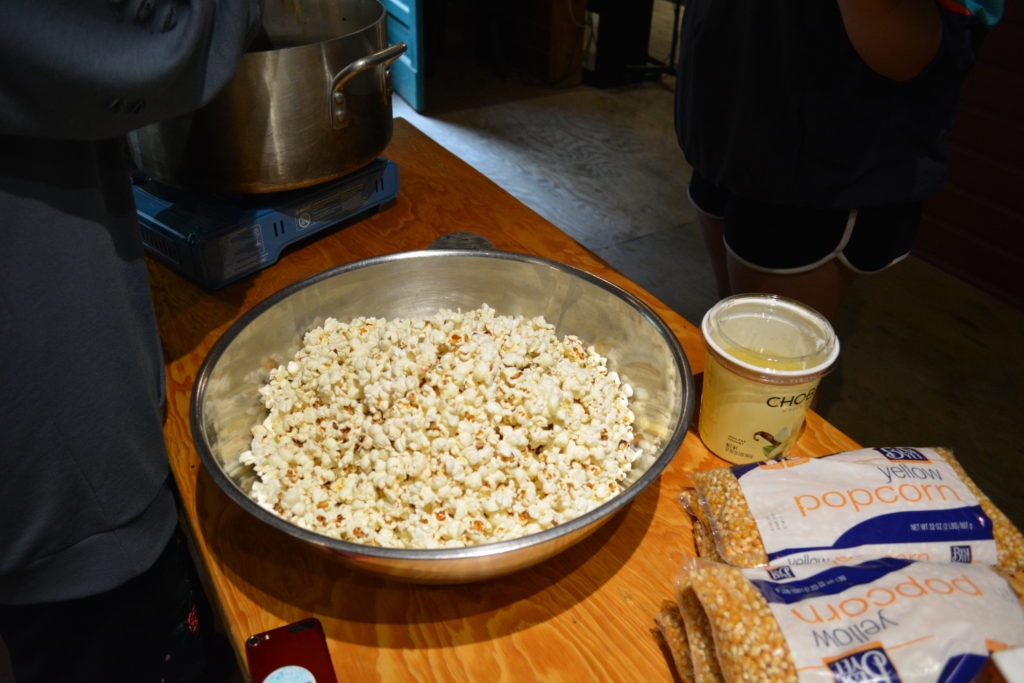
Beyond these implicit ways of learning to appreciate and expand ideas about food, Ballibay is a healthy food camp offering explicit food education, in the form of its educational kitchen co-op. In the co-op, campers can learn food preparation techniques and work in small groups to prepare the snacks and desserts for the whole camp. Or, campers can work in the garden, where they have the opportunity to harvest everything from pumpkins to salad greens to grapes to potatoes. There’s nothing like getting your hands dirty to foster an appreciation of the kind of work that can and should go into food preparation. It’s a lot different than just tearing open a bag of chips, or even prepping dinner that’s been sent to your home from some meal delivery service.
Meal time should be about the food, yes, but it is also about the people with whom you share it
But perhaps the most important aspect of food culture at Ballibay is that it promotes a sense of community. Meal time should be about the food, yes, but it is also about the people with whom you share it. The importance of the social aspect of mealtime should not be underestimated. Everything from preparing the meal to serving it to enjoying it to cleaning up after it is something that can and will be shared with other people, and that sense of collaboration, and of appreciating everyone’s joint efforts is an invaluable experience.
These are the things campers at Ballibay are going to be reminded of as they grow older, that food is no more or less vital a part of our humanity than other shared cultural experiences. It is a thing of value around which a relationship must be built and encouraged. It is a serious part of our daily lives, but it is also an opportunity to have fun and experiment; to play around and dig in with gusto; to eat up and realize every day can taste this good.
